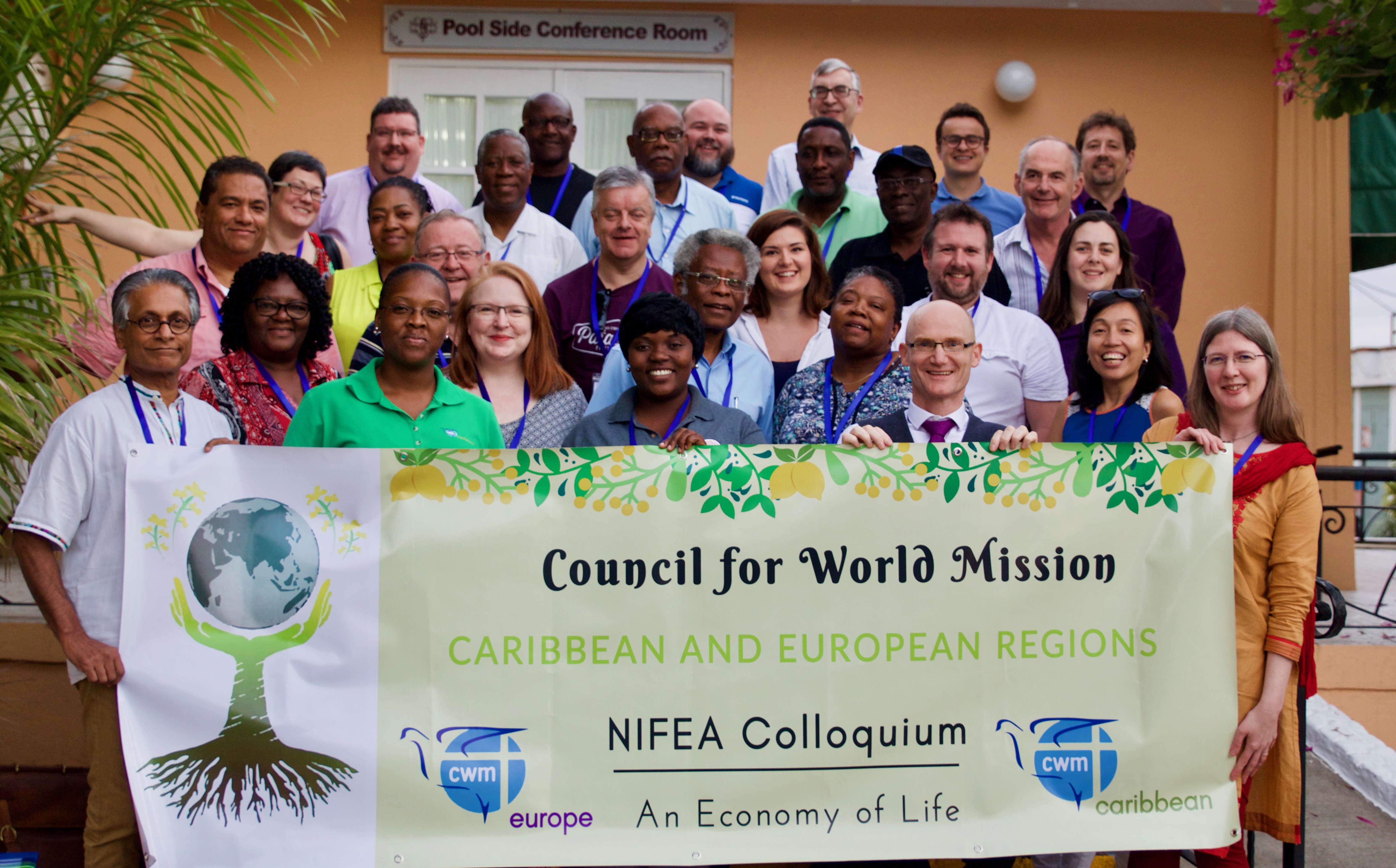Council for World Mission (CWM)’s Europe and Caribbean representatives met at the Colloquium for a New International Financial and Economic Architecture (NIFEA) – the first in a series of three, on the Economy of Life, being part of the global life-affirming movement that seeks to order our world that all may have life in its fullness (John 10:10).
Held from 25 to 29 January 2017 in Kingston, Jamaica, participants reflected on and affirmed challenges highlighted in the Sao Paulo statement. The Sao Paulo statement was produced during the global ecumenical conference in 2012 during which CWM agreed to partner World Communion of Reformed Churches (WCRC), World Council of Churches (WCC) and Lutheran World Federation (LWF) on a NIFEA.
The growing global impoverishment and inequality is shaped by an unregulated market economy and unjust financial governance structures. There is an urgent call to uphold equity in production, consumption, investment and distribution of goods and services when planning our economies. Without that, gender injustice, poverty, marginalization, climate change, indebtedness and economic bubble bursts and crashes will persist.
The colloquium, engaged participants through presentations and discussions on economic, social and ecological challenges for their respective regional communities, against the backdrop of the new global reality of a Trump presidency in the USA and Britain’s decision to exit the European Union. Issues such as the exploitation of natural resources, unjust tax and trade arrangements, land-grabbing, systems of indebtedness and the ongoing consequences of slavery were highlighted.
The participants committed to missional reflection and action that would include reviewing and developing intervention policies towards eradicating poverty, engaging externally with NGO partners, mobilising the community, sharing stories and assessing the impacts of poverty in their respective contexts.
The colloquia on a NIFEA is a process of engaging CWM churches to begin working on a NIFEA from a local context level, while keeping the global goal in focus. The work is aimed at influencing financial and economic policy decision-makers to direct policy towards poverty eradication and ecological justice. NIFEA also aims to enable churches to initiate specific activities to promote local economies using schemes like savings and credit cooperatives.


